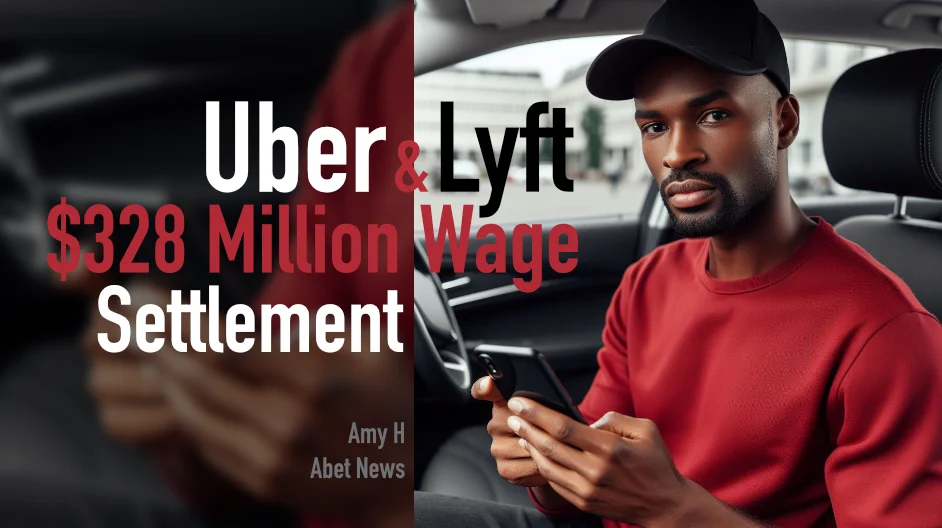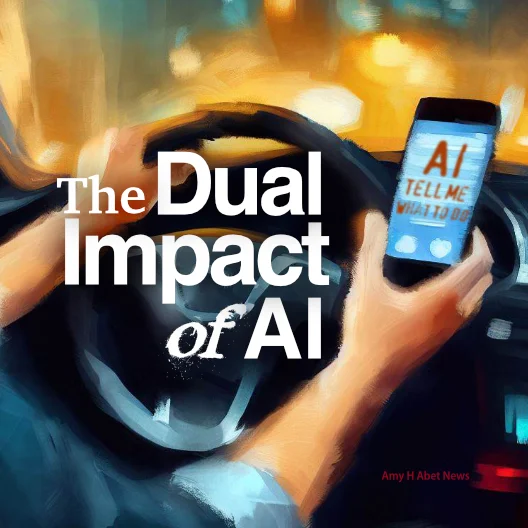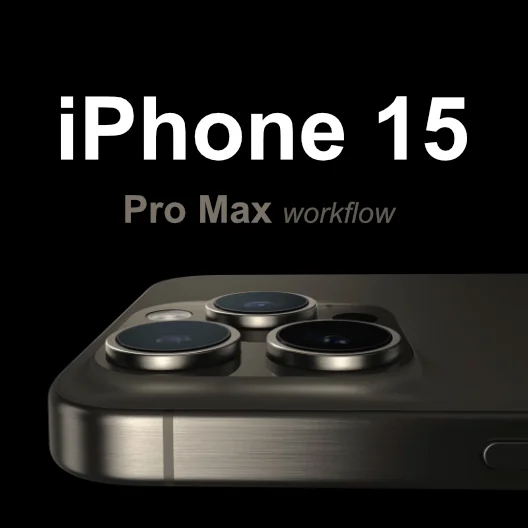Uber & Lyft Wage Settlement

Uber and Lyft to Pay $328 Million to Settle Wage Theft Dispute with New York Drivers
Ride-hailing giants Uber and Lyft have reached an agreement to pay a substantial combined sum of $328 million to resolve a contentious wage theft dispute involving New York drivers. This landmark settlement brings an end to the allegations that these companies improperly passed on taxes and fees to their New York drivers, costs that should have rightfully been borne by passengers. The monetary compensation will be distributed to both current and former drivers, rectifying the wage imbalances.
Under the terms of the settlement, Uber is set to pay a significant portion, totaling $290 million, while Lyft will contribute $38 million to the resolution. Furthermore, both companies have committed to implementing key changes in their practices, including the provision of paid sick leave and a minimum wage of $26 per hour for drivers outside of New York City.
It is essential to note that minimum wage guarantees have already been established for drivers in New York City, Seattle, and California. However, Uber and Lyft have notably managed to obstruct the implementation of minimum wage laws for gig workers in Minnesota. This has sparked advocacy efforts from driver associations, who are actively pushing for reform in cities such as Chicago.
Wage theft, in a broader context, can be defined as “the unethical practice employed by an employer to underpay their workers, often by paying exceptionally low salaries or disregarding established employment laws and regulations.”
There is a pressing concern raised by users about the ride-hailing companies retaining a substantial portion, around 50%, of the earnings from most rides. This has led to questions regarding the fairness of their compensation model, particularly in light of the fact that drivers are responsible for their own vehicle and fuel expenses. Many believe that it is high time for Uber and Lyft to reassess their compensation structure, ensuring that drivers receive a fair and just wage for their services, considering the substantial costs they incur in maintaining their vehicles. This call for fair wages underscores the need for greater transparency and equity in the gig economy, ultimately benefiting both drivers and passengers alike.
Amy H
Abet News | November 3, 2023
Related Posts






2 comments on Uber & Lyft Wage Settlement
GREED
I use Uber almost every day, never had a bad driver, they deserve better.